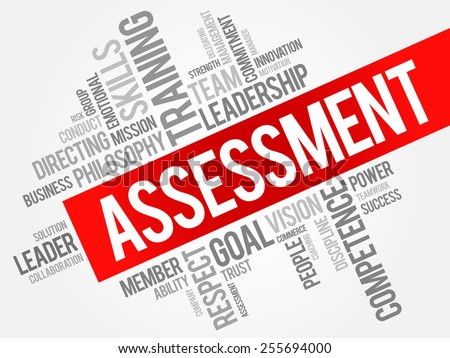By Heather Jung
Since last July, I have been participating in a program to
gather teacher leaders from around my home state of Virginia together to
discuss issues on our current educational system. The program is called: the Virginia Center
for Excellence in Teaching (VCET) and is run through the education program at
George Mason University. As part of
this program, I participated in a conference call with Dr. Steve Staples, the
superintendant of public education in Virginia.
I found Dr. Staples’ comments very intriguing, especially those
regarding realigning and reshaping the assessments and accountability. In
Virginia, we have not accepted CCSS.
Instead, we assess based on Standards of Learning (SOLs) set forth by
the Virginia Department of Education. Yet many of the current SOLs are not consistent
with the 21st Century Skills that we are trying to instill in our
learners and need to be revisited. Dr.
Staples has appointed a committee to revisit the SOLs, but he did not give any
specifics about who was on the committee.

Students in Virginia take standardized SOL tests on the
computer each year. These tests are used to determine if schools have met
annual yearly progress (AYP) and annual measurable objectives (AMO) according
NCLB. Many of our ELL students are
eligible to take an alternative portfolio assessment called the Virginia Grade
Level Alternative (VGLA). The VGLA
portfolio includes gathering evidence demonstrating student performance of the
standards. The students are required to perform
50 to 100 rote tasks and worksheets for documentation. The rote tasks required for the VGLA take
time away from authentic learning tasks that would benefit the students more. I have heard that portfolio assessments were
the great alternative to standardized tests, but when I look at the VGLA portfolio,
it does not really meet the instructional needs of my students.
At my school, many students come in 3
years or more below benchmark. Many of
those students make significant progress during the school year, often as much
as 1.5 to 2 years of growth. The
administration at my school does a good job of recognizing this achievement in
house but, because these students are still not “meeting benchmark,” their
progress goes largely ignored at the county and state level.
It seems as though we need to find an Assessment 2.0. A method, which can track and celebrate the
accomplishments of students, and teachers, who are making great growth even if
that growth cannot always be measured in a standardized way.
This language provides little reassurance that things will change under the new policy, but the bill has not been passed yet! Now is the time to let our voices be heard and demand that changes be made to the old standardized testing systems!

No comments:
Post a Comment